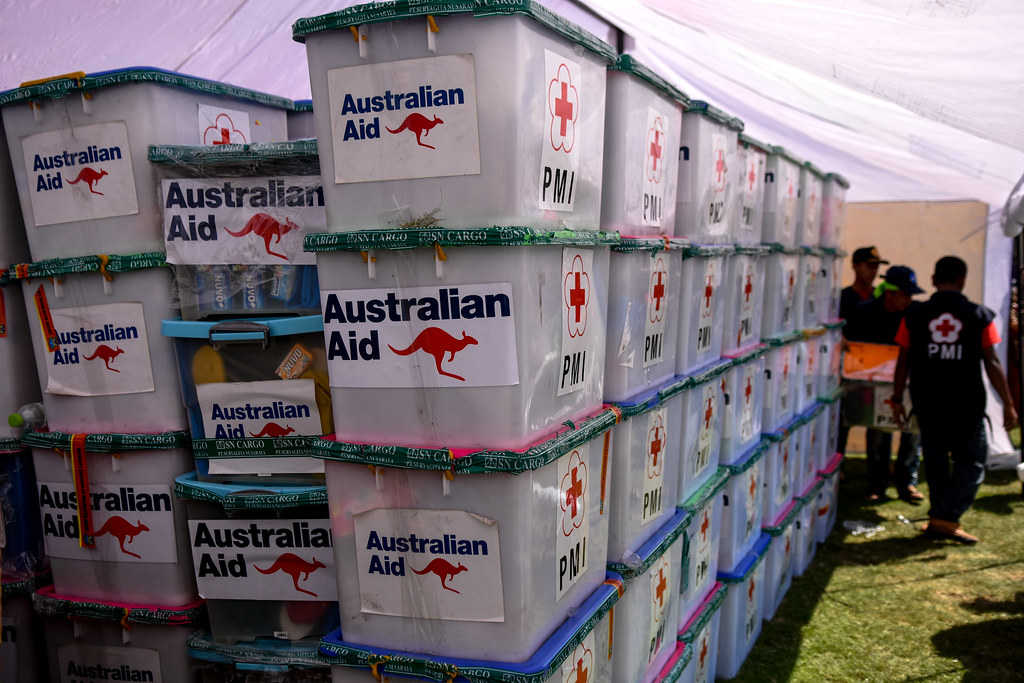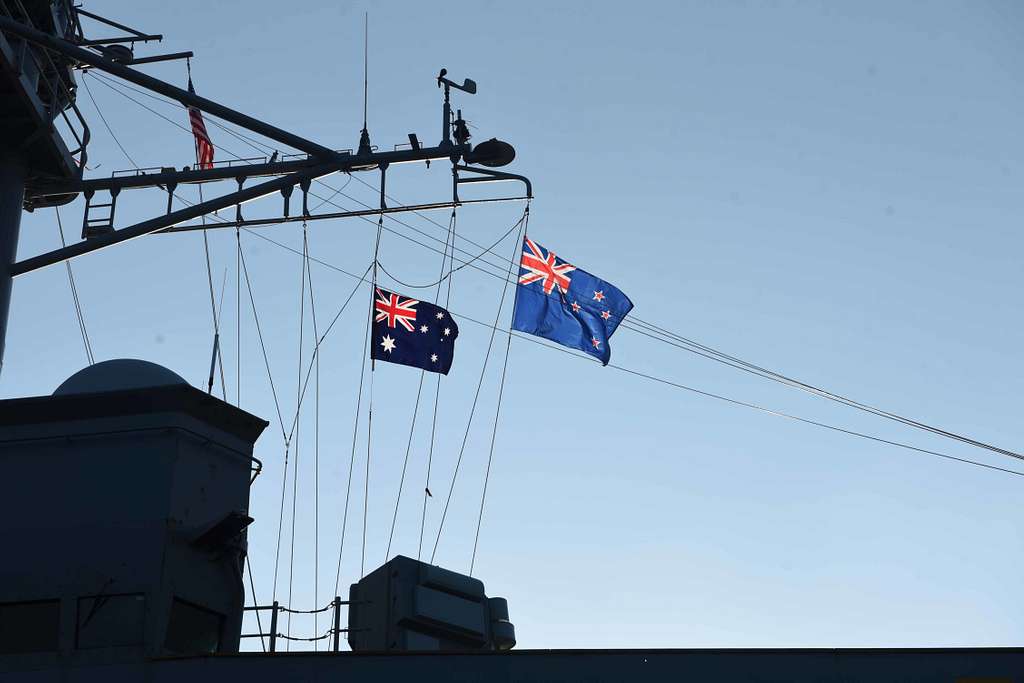‘The biggest purchase order in history’ is how one former mining CEO describes the energy transition’s demand for minerals and materials. Add data and defence into the mix, and the scaling of mineral supply becomes a problem hard to ignore.
This “conundrum” – that “we need more metals than ever before, but at the same moment, we need to find ways to limit the number of destructive holes we dig in the ground” (p. 9)- provides structural tension for “Pitfall”. It aims “to spark a conversation” about “how we can source the metals we need for the future without figuratively and literally wrecking the place” (p. 11).
Christopher Pollon is an independent journalist based in Vancouver. His knowledge of the mining sector emerges from years covering environmental and resource issues for international publications like National Geographic and The Globe and Mail, and investigative magazines (like The Walrus and Tyee) that may be familiar to Canadian readers. As Pollon explains, Canada plays a central role in global mining that extends beyond its role as a supplier of metals and minerals, as well as a provider of mining expertise. Its equity markets are a primary source of capital for international mining, and the Toronto Stock Exchange, in particular, exports capital to some of the world’s premier mining regions.
“Pitfall” is divided into three parts, and a short Introduction complements its nine chapters and Afterword, the latter addressing the “disruptive idea” (p.228) of leaving minerals in the ground. Part 1 (Founding Sacrifice Zones) illustrates the “cost shifting” (p. 63) integral to global production networks in the extractive sector, drawing on cases from Indonesia, Guatemala and Mongolia. Although Pollon highlights some “hard limits” to industrial mining (p. 75), he does not rehash a crude politics of resource scarcity in which the spectre of ‘running out’ drives a race to control remaining sources of supply. Instead, contemporary mining practices need to change due to the social and environmental burdens they impose on communities at mining sites and processing facilities. These hard limits are ‘above ground’ rather than below. Informed by insights from activists, social scientists and industry insiders, “Pitfall” assembles evidence generated by others. This lends the chapters a curated feel, although the author’s own experiences also come through – his encounter with Cerro Rico in Potosi generates some memorable passages. The narrative is brisk and informative and makes an enjoyable read.
Part 2 (Business as Usual) focuses on the struggle of “citizens across the global south…to achieve lasting prosperity from the riches that surround them.” Examples from Bolivia, Chile and the Democratic Republic of Congo highlight the challenge of turning resource wealth into sustainable forms of development and make for some effective contrasts. Extractive plans for evaporite lithium reserves in Bolivia, for example, are set against the legacy of five centuries of silver extraction from Potosi; and Chile’s fabled record of economic growth from resource-based development is juxtaposed with (and undercut by) its experience of long-term drought, legacies of dictatorship, and endemic inequality.
Part 3 (Where Do We Go From Here?) addresses the challenge of tailings management, the prospects for seabed and space mining, and the potential of new business models to make “everyone…a miner” (p. 153) by recovering materials from post-consumer waste. Chapters point to technological, managerial and legal trajectories that suggest change may be beginning. While Pollon is admirably cautious in evaluating the potential of these pathways, one must conclude that they are insufficient to the task at hand.
“Pitfall”turns out to be a curious title for the book. Beyond obvious wordplay, the sense of a hidden trap or unexpected danger this word conveys is neither explained nor explored. Much has been written about the consequences of mining on land, water, and air quality, as well as the violence and dispossession that characterise ‘resource frontiers.’ The “conundrum” powering “Pitfall” is a lived reality for hundreds of thousands of people worldwide, who confront corporate and state projects of resource-making, by turns enduring and challenging mining operations (and would-be mines) through legal action, physical blockades and scientific and cartographic practices to (for example) document loss of land, water and biodiversity. In an opening flourish, Pollon claims the mining industry “is invisible and everywhere, all at once” – yet neither of these terms adequately characterises the current moment.
Large-scale industrial mining is not ubiquitous, but rather it has a discontinuous, molecular, and networked form. At a global scale, the production of many key minerals is highly concentrated. And, primarily because of the deadly work undertaken by environmental defenders around the world, which has been amplified by social media, the social and ecological costs of natural resource production are now visible to consumers like never before. There are active social campaigns to bring the reality of mining to the public, and for good reason, mining industry organisations are concerned about shaping the narrative around critical minerals. It is, then, straining to argue that the social and environmental costs of mining are today hidden or unexpected – and to infer that the prospects of change rest on “pulling back the curtain” (p. 1) to reveal a hidden reality.
Althoughnot outwardly campaigning, the book’s politics are worth diagnosing. It foregrounds “the dysfunction…(of) environmental destruction, political impunity, and a disregard for Indigenous rights, often in proximity to violent conflict” (p. 13) – and is informed by a broad sense of social injustice (although Pollon chooses not to centre this word). The book’s global perspective and recognition of the stretched yet integrated geographies of mining finance convey a structural sensibility that holds in check the author’s fascination with some of mining’s charismatic and infamous corporate leaders. “Pitfall” also captures a little of the cyclical rhythm of the mining frontier – what, in a more overtly structural register, has been referred to as the “episodic but cumulative spatial expansion and material intensification of the world system.”
Yet, ultimately, “Pitfall” (gently) espouses progressive rather than radical politics. The author is wary of rhetorically powerful arguments about the ‘necessity’ of mining; sceptical of how companies use arguments for decarbonisation to justify new extractive activity; and clear that something needs to change. But at the same time, ithe book expresses a residual faith in technological innovation; in the possibility for iconoclastic leadership and business models that buck the trend; and in the importance of law to hold corporations to account. Underplayed here are enduring alliances between extractive capital and the state, enormous sunk costs of the industrial model, and the use of law (particularly in settler colonial societies) to uphold inequalities rooted in the taking of land. Australian readers might feel a little aggrieved at the centrality of Canada to this account, given the significance of Australian resource companies and the ASX to international mining. They might also have hoped for a greater range of Australian cases, and for a lengthier engagement with the politics of decolonisation and indigeneity (for which mining is a focal point).
Mining is undoubtedly having a moment. The geopolitics of critical minerals have thrust extraction into the limelight. At the same time, the material demands of energy transition give some credence to the claim (by a doyen of the industry and cited in Pitfall) that this is “the era of the Revenge of the Miner.” Pitfall” is an engaging read in this context and moves nimbly around some of the world’s extractive zones to highlight society’s competing demands on mining and why its industrial model needs to change.
This is a review of Christopher Pollon’s Pitfall: The Dart Truth about Mining the World’s Most Vulnerable Places (Greystone Books, 2024). ISBN: 9781771649124
Gavin Bridge is Professor of Economic Geography at Durham University and Fellow of the Durham Energy Institute. His research focuses on the political economy of extractive industries and energy transition.
This review is published under a Creative Commons License and may be republished with attribution.





